Are you a devoted pet owner wondering if couscous could be a healthy addition to your furry friend’s diet? The topic of what dogs can and cannot eat can be a perplexing one, with many conflicting opinions. In this comprehensive guide, we’ll delve into the world of couscous and its suitability for canine consumption.
Let’s unravel the mystery together!
Contents Overview
What is Couscous?
Couscous is a traditional North African dish made from tiny steamed balls of semolina, a type of wheat. It’s a staple food in many cultures and is often used as a base for various dishes, ranging from salads to main courses.
Nutritional Value of Couscous
It’s rich in carbohydrates, providing energy for your body, along with a moderate amount of protein for muscle health. Additionally, couscous contains fiber, aiding digestion and keeping you feeling full. It’s also a source of vitamins and minerals, such as B vitamins for energy and iron for blood health. Incorporating couscous into your meals can support overall health and provide a tasty addition to your diet.
Is Couscous Safe for Dogs?
Yes, dogs can safely eat couscous in moderation, but there are a few things to consider:
- Couscous is a good source of carbohydrates, providing energy for dogs.
- It contains some protein, which is beneficial for muscle health.
- Couscous also contains fiber, which can aid digestion and regulate bowel movements.
- However, it’s important to feed couscous to dogs in small amounts and cooked plain, without added spices or flavorings..Always consult with your veterinarian before introducing new foods to your dog’s diet to ensure it’s safe for them and won’t cause any adverse reactions.
Benefits of Couscous for Dogs
While couscous may not be a dietary staple for dogs, there are some potential benefits to offering it in moderation:
- Nutritional Value: Couscous contains essential nutrients beneficial for dogs’ health, including carbohydrates, protein, fiber, and some vitamins and minerals.
- Digestive Health: The fiber content in couscous can promote healthy digestion in dogs, helping to regulate bowel movements and prevent constipation.
- Energy Source: Carbohydrates in couscous provide a readily available energy source for active dogs, supporting their overall vitality and stamina.
- Weight Management: Couscous can be a lighter alternative to traditional grains like rice or wheat, making it suitable for dogs on weight management diets when fed in appropriate portions.
- Variety in Diet: Introducing couscous can add variety to your dog’s meals, preventing mealtime boredom and encouraging healthy eating habits.
Potential Risks of Feeding Couscous to Dogs
Despite its potential benefits, there are also risks associated with feeding couscous to dogs:
- Gluten Sensitivity: Couscous is made from wheat semolina, which contains gluten. Dogs with gluten sensitivities or allergies may experience adverse reactions such as gastrointestinal upset, skin irritations, or itching when exposed to gluten-containing foods like couscous.
- Digestive Upset: Introducing new foods, including couscous, into a dog’s diet can sometimes lead to digestive upset, such as diarrhea, vomiting, or bloating. This risk is higher if the couscous is not cooked plain or if the dog consumes it in excessive amounts.
- Caloric Intake: While couscous can provide carbohydrates and energy for dogs, it’s essential to consider its calorie content. Feeding couscous in large quantities without adjusting your dog’s overall caloric intake can contribute to weight gain and obesity, leading to various health issues.
- Nutritional Imbalance: While couscous contains some nutrients beneficial for dogs, it should not replace balanced commercial dog food or a diet recommended by a veterinarian. Feeding couscous exclusively or in large amounts without considering other essential nutrients may result in nutritional imbalances over time.
- Risk of Choking: Couscous has a small, granular texture, which may pose a choking hazard, especially for small dogs or those prone to swallowing food quickly. To mitigate this risk, ensure couscous is cooked thoroughly and served in small, manageable portions.
Precautions When Feeding Couscous to Dogs
- Consult Your Veterinarian: Before introducing couscous or any new food into your dog’s diet, consult with your veterinarian. They can provide personalized recommendations based on your dog’s health status, dietary needs, and any existing conditions.
- Monitor for Adverse Reactions: Keep an eye on your dog for any signs of adverse reactions after feeding couscous, such as digestive upset, allergic reactions, or changes in behavior. If you notice any concerning symptoms, discontinue feeding couscous and consult your veterinarian.
- Moderation is Key: Feed couscous to your dog in moderation, as part of a balanced diet. Avoid overfeeding and consider couscous as an occasional treat rather than a staple food.
- Prepare Plain Couscous: Cook couscous plain without adding salt, spices, or seasonings, as these additives can be harmful to dogs. Ensure it’s cooled down before serving to your pet.
Alternatives to Couscous for dogs
Instead of couscous, dogs can enjoy a variety of safe and nutritious alternatives in their diet. Opt for cooked quinoa, brown rice, or barley, which offer similar benefits without the risk of gluten sensitivity. Sweet potatoes, pumpkin, and green beans are also excellent choices, providing fiber and essential vitamins. Remember to prepare these alternatives plain and in moderation to ensure they complement your dog’s diet without causing digestive upset.
Bottom Line
In conclusion, while couscous is not inherently toxic to dogs, it should be offered sparingly and with caution. Before introducing any new food into your dog’s diet, consult with your veterinarian to ensure it’s safe and appropriate for your pet’s specific needs. Remember, the key to a healthy and balanced diet for your furry friend is variety, moderation, and attention to their dietary requirements.





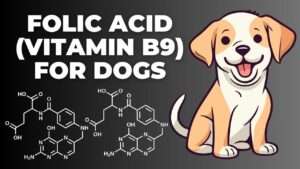
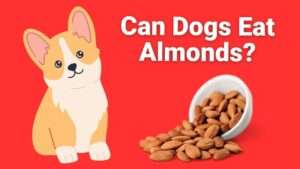




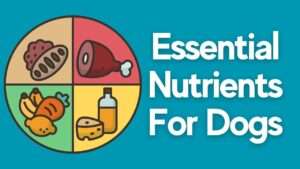




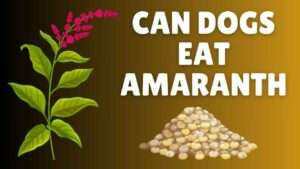
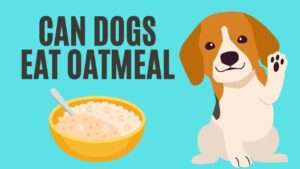

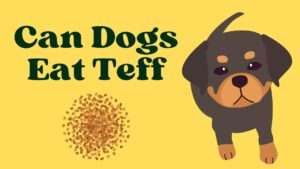

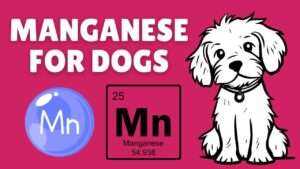
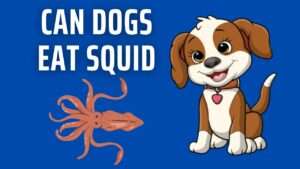
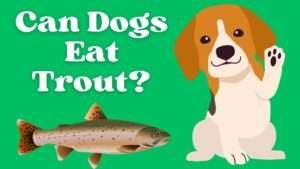




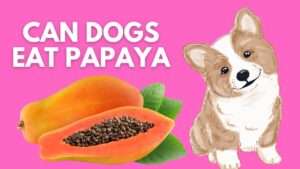







+ There are no comments
Add yours